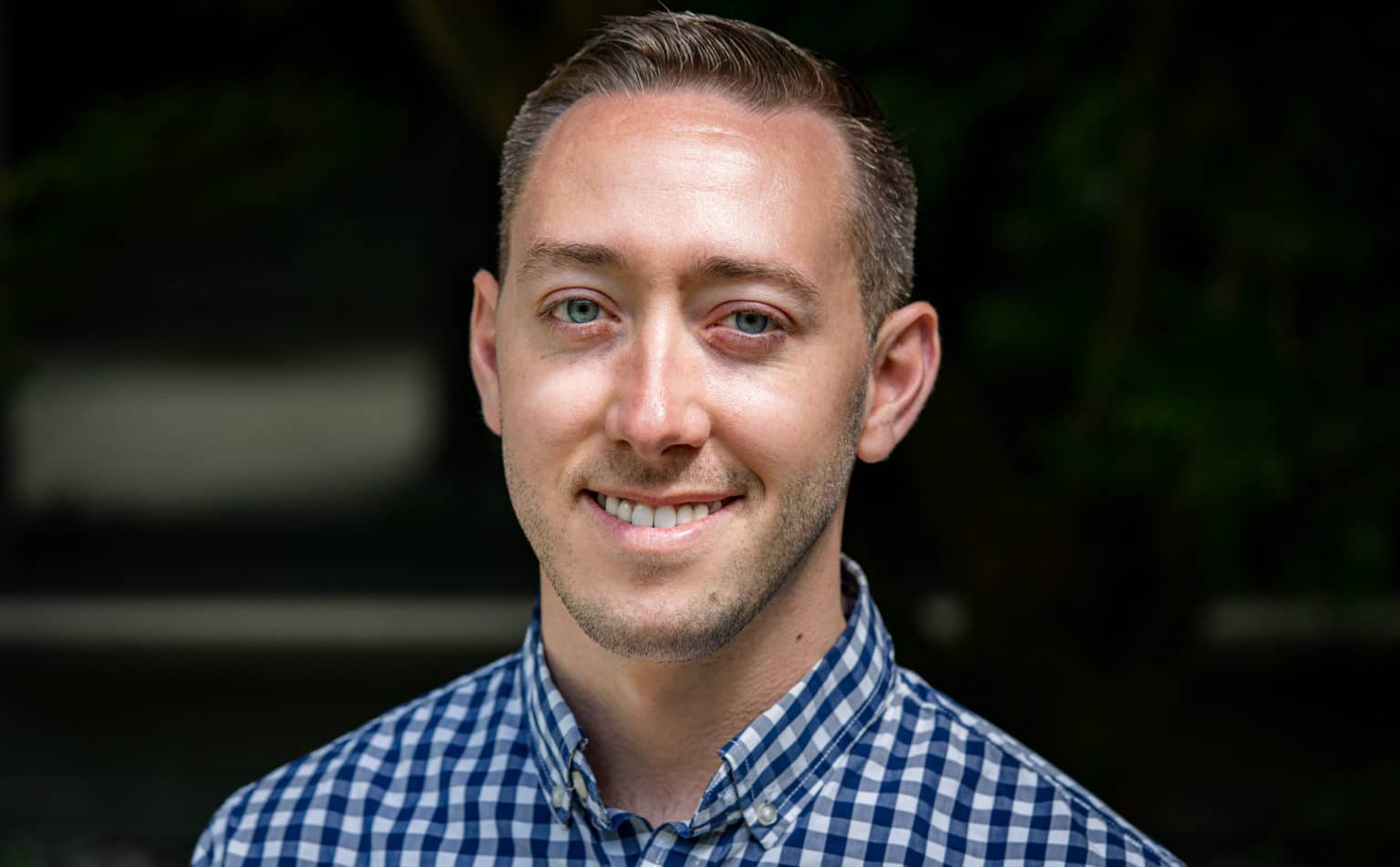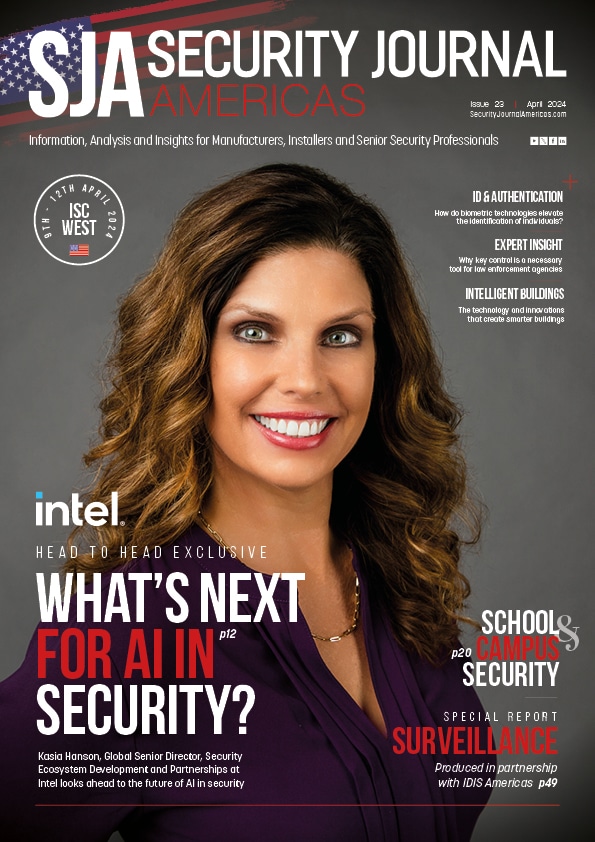EXCLUSIVE: Advancing the body of security knowledge


Victoria Rees
Share this content
Ben Brown, CSyP, CPP, Sr. Special Security Operations Manager at Microsoft explains how leadership is achieved by setting an example and empowering others.
Can you tell us more about your background in the US Navy and Air Force please?
I entered the Navy immediately after High School and spent the entirety of that time stationed on a Destroyer. My primary occupation was anti-submarine warfare.
However, I also worked in a variety of other domains including managing an occupational health and safety program, conducting counter-piracy and in various other anti-terrorism and force protection related roles.
My time in the Air Force, was that of a drilling reservist concurrent with my civilian career, where I also led occupational safety functions and had a primary occupation of managing the maintenance of avionics systems on the C-17 cargo aircraft.
How did your service influence your move into the security industry?
Like many others, I had no clue what to do when separating from the military and was open to different opportunity. Having significant experience with force protection, security tactics and a clearance enabled me to quickly find work in the physical guarding space, in what I anticipated would be a quick stint to bridge the gap before returning to college and finding a new path.
Through successes in rapidly moving on to other organizations and working in corporate security management I found a home in this industry and quickly made it a career.
What skills proved to be the most cross-transferable as you transitioned from the Navy/Air Force to security?
While the hard skills gained in military service are an obvious alignment to many security functions, I found that other skills gained in the military such as time management, dedication and commitment are equality essential to a well-rounded security professional.
As for direct transferability, I certainly believe nimble decision making and adaptability have been core assets to my success in transition.
The military teaches you to be observant, engaged and able to make decisions quickly; these traits were essential to my success as a security practitioner.
What are your responsibilities as Sr. Special Security Operations Manager at Microsoft?
In my current role, my responsibilities are to support the security operations of a portfolio of Microsoft’s highest security, government focused datacenters.
Among these duties are ownership and deployment of all security standards and doctrine to guide daily operations, as well as planning and developing projects to advance our program in the domains of risk management, emergency response, continuity, security countermeasure design and the protection of customer data.
Can you tell us more about your leadership philosophy please?
My leadership philosophy centers upon management by exception and democratic leadership styles where I have found that leading others is achieved successfully though setting positive examples and empowering others within the team to take ownership of decision making while supporting their autonomy to contribute in ways that are meaningful to them.
How valuable is it to be involved with an association like ASIS International?
I believe involvement with professional organizations such as ASIS can be tremendously valuable but is dependent upon how much personal investment is made in contributing to the association and the membership at large.
I personally find a great deal of value in volunteering for special initiatives such as in developing new standards and guidelines, or authoring certification exam questions.
These opportunities have enabled me to work with experts across the industry and take a leading role in advancing the body of knowledge of security, while creating meaningful relationships along the way.
In the ongoing International Security Journal series, ‘Security from around the world’, Matthew Porcelli CPP has been speaking with various ASIS members about young professionals, women in security and transitioning military/law enforcement in the private security sector – are there any insights you would like to share with us on these topics?
We are currently in an era where embracing diversity and enhancing inclusion is not just desirable but mandatory to evolve security as a profession and remain contemporary among our customers and the business world.
The teams that are most agile and able to combat threats are those that include security practitioners from differing backgrounds and all walks of life.
I am proud of the work of practitioners such as Matthew as well as the efforts of organizations to bring different perspectives and new voices into the discussion of security.
This article was originally published in the August edition of Security Journal Americas. To read your FREE digital edition, click here.


